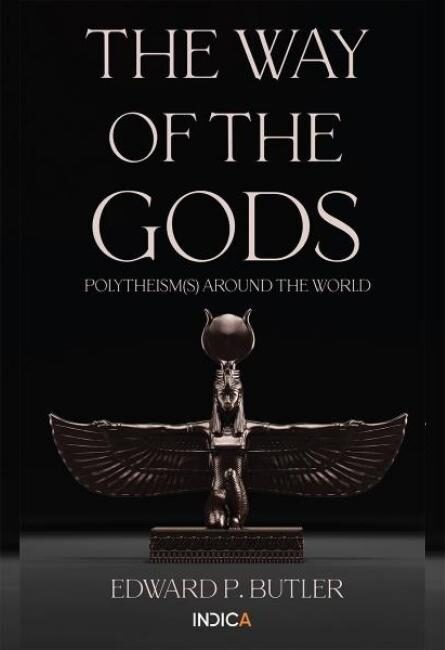
Edward P. Butler
Polytheisms may well be the world’s most undervalued cultural resource. From the dawn of history until quite recently, the default religious orientation on the planet was to recognize an open-ended plurality of unique divinities that manifest in every realm of natural and social life. By hosting a plurality of Gods, polytheistic civilizations exhibit maximum diversity in maximum solidarity – each one is a multiverse. Polytheism has been at the heart of the most ancient and resilient civilizations on Earth. Yet polytheist traditions have been stigmatized and persecuted for centuries, countless of them have been eradicated and prejudice against them and the very idea of a multiplicity of Gods continue to distort how they are perceived both by outsiders and in many cases even among their participants. This book offers an overview of continuous and revived polytheistic traditions from around the world together with critical discussions of the issues affecting them and their reception, offering a basis for further study and comparison.
Edward P. Butler received his doctorate in Philosophy from the New School for Social Research in 2004 for his dissertation, The Metaphysics of Polytheism in Proclus. Since then, he has published regularly in academic journals and edited volumes, primarily on Platonism, the polytheistic philosophy of religion, and the theologies of several polytheistic traditions. From 2014 to 2019, he was a co-editor of the independent academic journal, Walking the Worlds: A Biannual Journal of Polytheism and Spiritwork, and presently serves on the advisory board of the journal Oscillations: Non-Standard Experiments in Anthropology, the Social Sciences, and Cosmology. A practicing polytheist, he promotes the preservation, restoration and revival of polytheistic traditions around the globe as the director of the Center for Global Polytheist and Indigenous Traditions at INDICA. More information about his work is available at his site, henadology.wordpress.com.